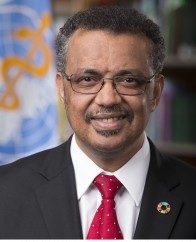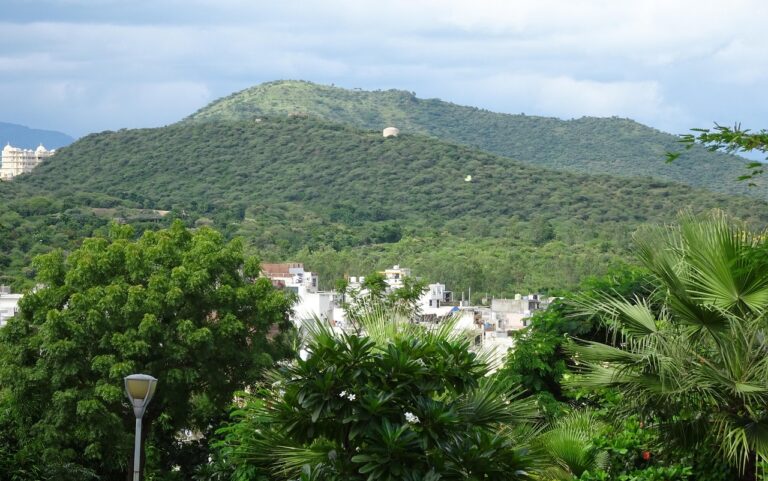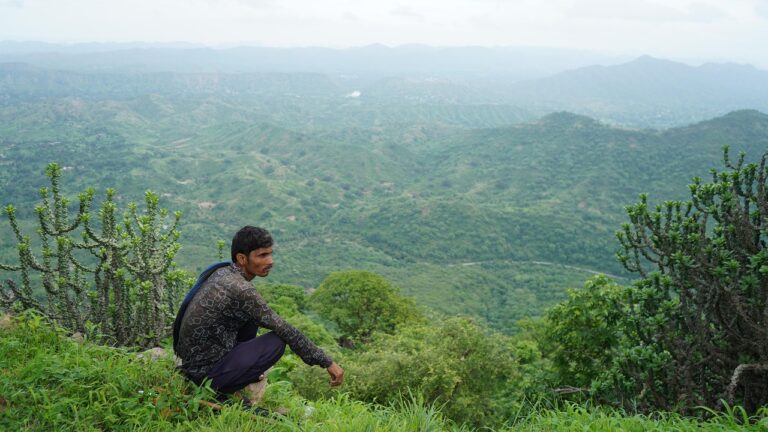
© UNOCHA/Ali Haj Suleiman Rescue workers look for survivors in a building in Samada, Syria destroyed by the February 6 earthquake.

By Dr Tedros Adhanom Ghebreyesus*
Director-General, World Health Organization
Geneva: Last night I returned from the Syrian Arab Republic, where I visited areas affected by last week’s devastating earthquake. I saw the destruction of entire communities, the unspeakable suffering of people, and the courage and determination of survivors and responders.
In Aleppo, I met people in temporary shelters set up by community and religious groups; I saw neighbours supporting each other with bedding, clothes and food; I saw health workers providing medicines and consultations; I met WHO’s teams – who themselves are affected by the earthquake – to hear about the work they are doing; And I visited health centres, where I saw how even before this disaster, more than a decade of war has left the health system unable to cope with an emergency like this.
As we drove from Aleppo to Damascus, I saw the legacy of conflict, with town after town destroyed and abandoned. Survivors are now facing freezing conditions without adequate shelter, heating, food, clean water, or medical care.
WHO is providing care to survivors with injuries and disabilities sustained in the earthquake; hypothermia; mental health and psychosocial needs; the increased risk of infectious diseases, and the range of regular health needs. So far, we have shipped medicines and supplies to both affected countries to support care for more than half a million people, including for urgent surgery.
In Damascus, the Regional Director Dr Ahmed Al-Mandhari, Chief of Emergencies Dr Mike Ryan and I met with President Bashar al-Assad, to discuss the impact of the earthquake, and requested that he allow additional cross-border access points, which he indicated he was open to.
On Monday [February 12, 2023], two more cross-border points were opened, allowing convoys from Türkiye into the northwest of the Syrian Arab Republic. This supplements the aid we had in place before the earthquake struck, and which we distributed to health facilities that day.
WHO remains committed to supporting all people in the Syrian Arab Republic now, and in the days, weeks, months and years ahead. On Saturday [February 10] we launched an appeal for 43 million US dollars to support our response in both countries. This amount is increasing by the day, and we expect WHO’s financial needs for this emergency to double by the end of this week. We urge donors to be generous.
The search and rescue phase is now coming to an end, but for WHO, the task of saving lives is only just beginning.
The earthquake in Türkiye and the Syrian Arab Republic, Marburg in Equatorial Guinea, the ongoing COVID-19 pandemic, and the global mpox outbreak all point to the need for all countries to build health systems that can withstand the shock of emergencies and deliver the care people need when they need it most.
*Excerpts from his press conference today





